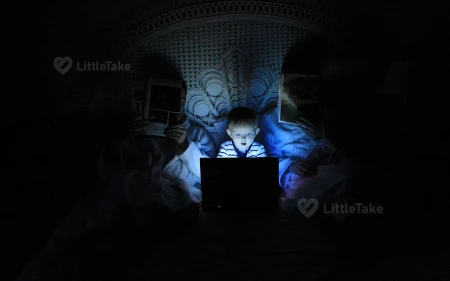
Helping Kids Cope with Cyberbullying
Cyberbullying can have a significant impact on a child's mental health, self-esteem, and well-being. As parents, it's crucial to support and guide your kids through the challenging experience of cyberbullying. This article will provide practical tips to help your child cope and thrive in the face of online harassment.
1. Encourage Open Communication
Create a safe space for your child to discuss their feelings and experiences with cyberbullying. Be approachable, non-judgmental, and empathetic, allowing them to express their emotions openly.
Real-Life Example: Weekly Family Meetings
The Smith family holds weekly meetings where everyone can discuss their experiences and challenges, including any instances of cyberbullying. This fosters a supportive environment and encourages open communication.
2. Validate Their Feelings
Validate your child's feelings and concerns by acknowledging the pain and distress caused by cyberbullying. Let them know that their emotions are valid, and it's not their fault.
3. Empower Them with Information
Educate your child about cyberbullying, its consequences, and their rights. Provide them with strategies to handle online harassment, such as blocking the bully, reporting the incident, and gathering evidence.
4. Monitor Their Online Activity
Keep an eye on your child's online interactions to help identify any potential issues or threats. Encourage them to share any concerns or incidents with you, so you can address them together.
5. Teach Resilience and Coping Strategies
Equip your child with tools to build resilience and cope with the emotional effects of cyberbullying. This may include practicing self-compassion, seeking support from friends and family, or engaging in hobbies that boost self-esteem.
6. Encourage Positive Online Behavior
Reinforce the importance of being kind and respectful online. Encourage your child to be a positive influence on others and to stand up against cyberbullying if they witness it happening.
7. Seek Professional Help if Necessary
If your child is struggling to cope with the effects of cyberbullying, consider seeking professional help from a counselor or therapist. They can provide additional support and guidance to help your child heal and thrive.
Conclusion
Helping kids cope with cyberbullying involves open communication, validating their feelings, empowering them with information, monitoring their online activity, teaching resilience and coping strategies, encouraging positive online behavior, and seeking professional help if necessary. By providing a supportive and nurturing environment, you can help your child overcome the challenges of cyberbullying and build resilience for the future.













